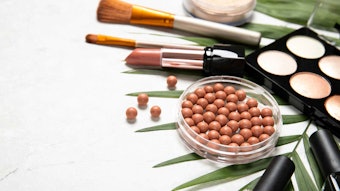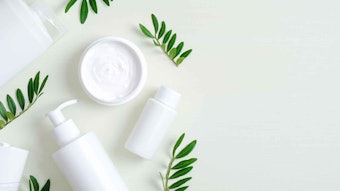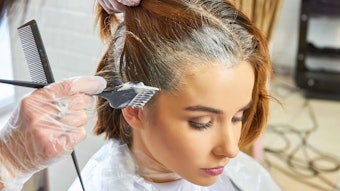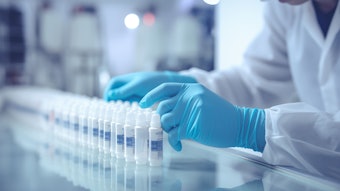
Editor's note: The "Words from Wiechers" series considers the lessons our industry can learn from the late Johann Wiechers, Ph.D. He was an adviser, colleague and leader in the industry until his passing in 2011. Presenting Wiechers's insights is Tony O'Lenick. Note that the following comments are Wiechers's and do not necessarily reflect those of Allured Business Media.
In Chapter 40 of his book, Memories of a Cosmetically Disturbed Mind, Wiechers criticizes the term cosmeceuticals, which at best is controversial.
He states, "Certain types of active ingredients are very active whereas others will do close to nothing, even if pushed into the skin by its surrounding excipients. This column is about this horrible word, the curse of cosmetics called cosmeceuticals. It is a word that should never have been invented but that at least a few cosmetic colleagues claim to have coined. Why am I so negative?
"The word suggests that we are talking about cosmetic products with a close to medical activity profile. But a topically applied product is a medical product or it is a cosmetic product, it can’t be both. And it certainly can’t be in between. You can’t be half medicinal and half cosmetic, in the same sense as you can’t be half pregnant. It’s a binary system, it is a zero or it is a one and there is nothing in between.
"I know, of course, that the above is not completely true. Very often, it is the claim that makes the skin care product a medicinal product whereas without that claim it classifies as a cosmetic product. Please agree with me that this is daft! It suggests that the active ingredient must jump out of the bottle, read the label and subsequently decide whether it will cure or only clean, perfume, change appearance, correct body odor, protect or keep in good condition. Yes, I admit, we have very smart active principles nowadays but this is giving our quasi-drugs a little bit too much credit. An active ingredient is like the average man, it does what it does and nothing more.
"Certain types of active ingredients are very active whereas others will do close to nothing, even if pushed into the skin by its surrounding excipients. We call that intrinsic activity. And if you are still not convinced about the similarity between men and active ingredients, just think who of the two genders men think is the more important of the two? And what do cosmetic marketers consider to be the most important component of any efficacious cosmetic product? I rest my case.
"Still, it does not explain why I am so negative about the use of the term cosmeceuticals. My reasons are actually quite pragmatic. We really cannot differentiate between a cosmetic and a drug if we accept the fact that a claim made for the product can determine to which category it belongs. Let’s not forget that the original definitions of a cosmetic and a drug were established before we discovered DNA and that was in 1953!"
The U.S. Food and Drug Administration (FDA) only recognizes three categories: drugs, cosmetics and soaps. As far as the FDA is concerned, there is no provision for a cosmeceutical. A product is either regulated as a cosmetic or it's regulated as a drug, and where it falls all depends on the types of claims that are being made.
I would also suggest that the language used in the claim is important. Drug claims are related to the ability to diagnose, treat or cure a disease. Drugs must be safe and effective. The impact of products that do not work can be severe. Cosmetic claims, however, are directed to appearance and other cosmetic attributes. Cosmetic products applied to the body to improve its appearance.
Although claims must be substantiated, there is room for interpretation. By that I mean that whether a formulation is truly effective at reducing the appearance of wrinkles is open to interpretation by the consumer. Cosmetic claims undergo their most stringent evaluation when the consumer makes the decision to purchase and more importantly, to repurchase. We run into problems when we smear the line between drug and cosmetic.
Cosmetic actives are raw materials that provide a cosmetic benefit (appearance). A drug active is a product that provides a medical effect upon the body. While not perfect, the definitions seem to work. We should never underestimate the effectiveness of cosmetic products in providing benefit to consumers. We should also not invite additional regulations by opening a new debate area or look for new windmills to tip.










